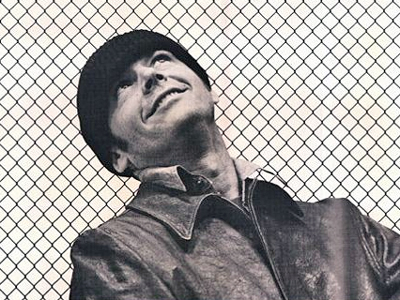Business Insider – July 20, 2011
by Robert Johnson
Outselling even common drugs to treat high blood pressure and acid reflux, antipsychotic medications are the single top-selling prescription drug in the United States.
Once reserved for hard-core, One Flew Over The Cuckoo’s Nest type of mental illnesses to treat hallucinations, delusions or major thought disorders; today, the drugs are handed out to unruly kids and absent minded elderly.
A recent story in Al Jazeera by James Ridgeway of Mother Jones illuminates the efforts by major pharmaceutical companies to get doctors prescribing medicines like Zyprexa, Seroquel, and Abilify to patients for whom the drugs were never intended.
Focusing on psychiatrists because they rely on subjective diagnoses, the drug reps have been so successful that they’ve changed the criteria for mental illness and disability payments. Ridgeway quotes former New England Journal of Medicine editor Marcia Angell.
“[T]he tally of those who are so disabled by mental disorders that they qualify for Supplemental Security Income (SSI) or Social Security Disability Insurance (SSDI) increased nearly two and a half times between 1987 and 2007 – from one in 184 Americans to one in seventy-six. For children, the rise is even more startling – a thirty-five-fold increase in the same two decades. Mental illness is now the leading cause of disability in children.” Under the tutelage of Big Pharma, we are “simply expanding the criteria for mental illness so that nearly everyone has one.” Fugh-Berman agrees: In the age of aggressive drug marketing, she says, “Psychiatric diagnoses have expanded to include many perfectly normal people.”
Particularly vulnerable because medication decisions are often out of their hands the old and the young suffer most.
For kids: the number diagnosed with bi-polar disorder rose 40-fold between 1994 and 2003 and one in five comes away from a psychiatrist with a prescription for an antipsychotic.
Dosing the elderly at nursing homes has become so common that sales reps have coined the term “five at five” — meaning 5 milligrams of Zyprexa at 5 pm to sedate difficult residents.
For all their nefarious wrangling, in 2009, Lily agreed to pay $1.4 billion, including a $515 million criminal fine. The largest ever in a health care case and the largest criminal fine on any corporation in the U.S.
That year, Lilly sold $1.8 billion of Zyprexa alone.
http://www.businessinsider.com/zyprexa-antipsycotics-top-selling-drugs-in-us-2011-7



SHARE YOUR STORY/COMMENT